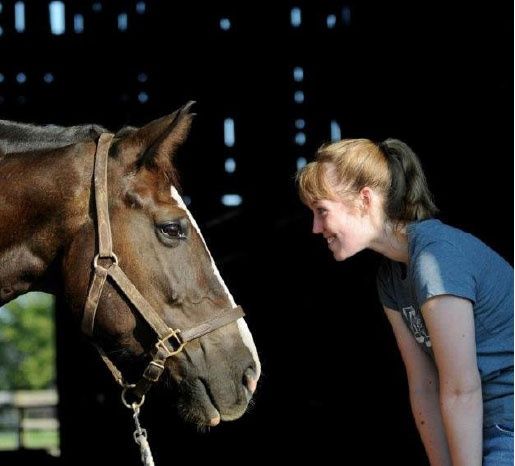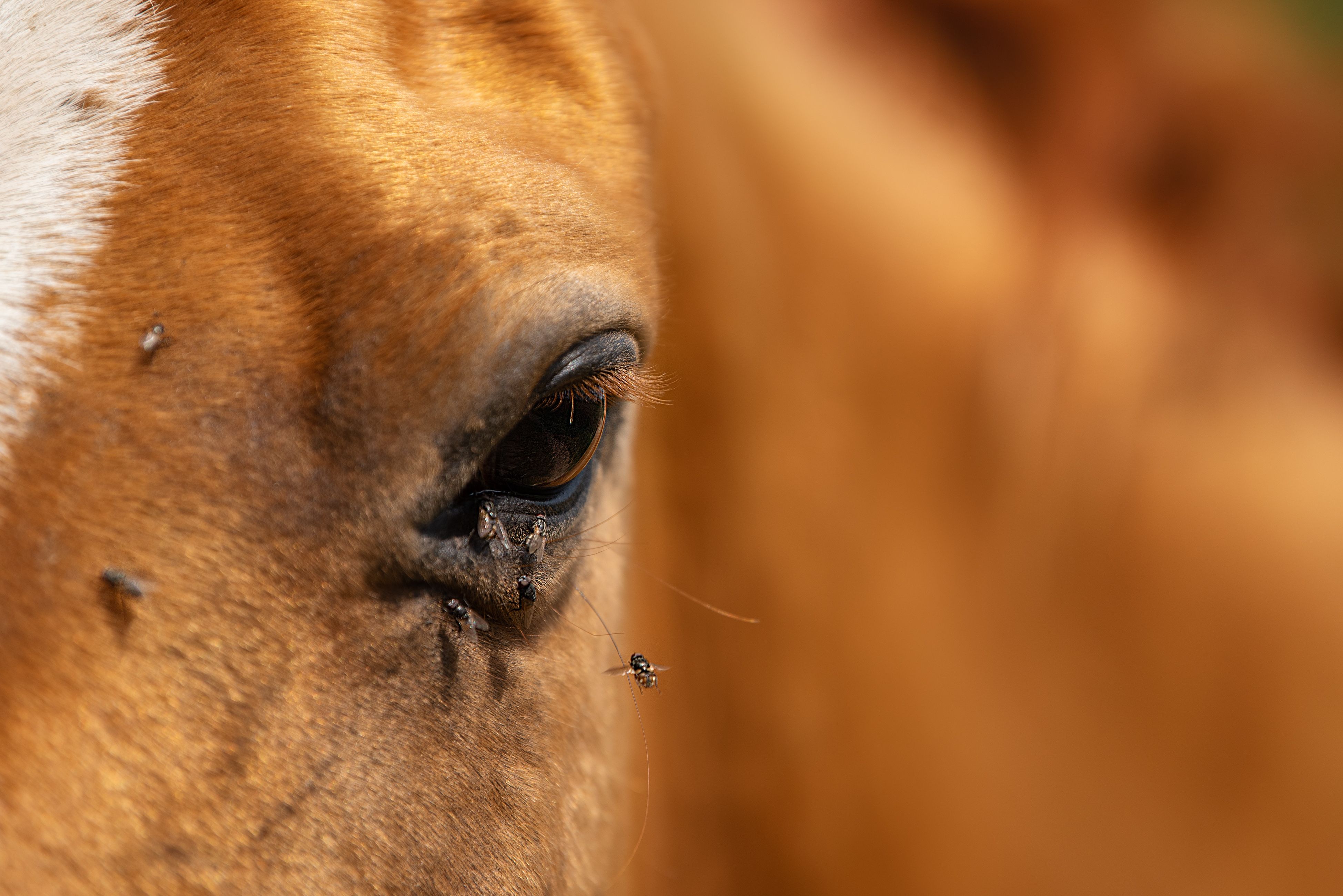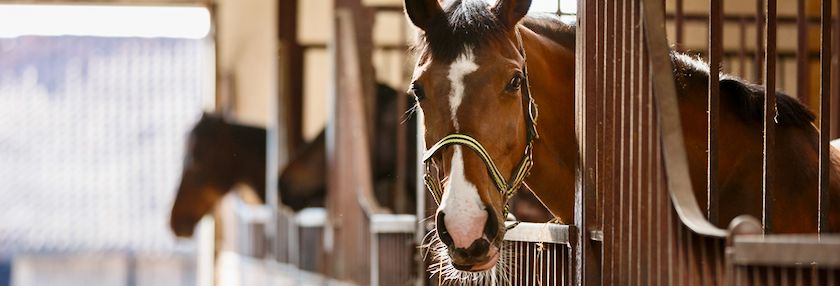Heartbreaking Horses, What to do when you spot a neglect case


If you live in an area where horse-keeping is common, chances are good you’ve found yourself driving past a pasture that makes you uncomfortable. Most people who love horses feel compelled to do something when they see an animal they think is being abused or neglected, but it’s not always clear how best to help.
Experts say that sometimes they’re just as concerned to let the public know what they shouldn’t do if they suspect neglect. But as a concerned horse owner, there are many things to do and—importantly—not to do when you suspect neglect.
Detailed records are important
Do keep a running record of what you observe—how many horses you see, what types of feed, water, and shelter the horse has available. Write down dates, times, and any changes you can observe in the horse’s condition. Use the Henneke Body Condition Scoring system to illustrate changes in the horse’s weight. Take photos and video whenever you can.
Don Henneke, PhD, developed the Henneke Body Condition Scoring System during his graduate study at Texas A & M University. It is based on both visual appraisal and palpable fat cover of the six major points of the horse that are most responsive to changes in body fat.
Source: habitatforhorses.org
Do consider what you’re seeing. Remember that older or sick horses (including recent rescues) have a hard time holding weight. If one horse in a group looks thin while others look well-cared for, a health condition could be to blame.
On the other hand, herd dynamics sometimes result in one horse being squeezed out of access to food, which can eventually have a negative impact on their body condition score. Keep an eye on whether horses are improving or worsening with time.
Don’t trespass on the property for any reason, whether it’s to get a better look at the property or to interact with the animals. You can be subject to legal action if you trespass, and this also tips off the owner to your interest in the horses, which could you result in them being moved elsewhere on the property out of view. Consider using Google Maps if you want to know more about the property’s set-up.
Learn the anti-cruelty laws
Do read your local and state ordinances regarding animal welfare, and identify what law enforcement agency is tasked with complaints of alleged neglect. Your county may or may not have an animal control officer for this purpose (who may or may not be trained in large animal neglect), or this may be the job of local police. Remember that if you call local police to report the problem, they may not be familiar with horses and may not be used to assessing a horse’s physical condition.
If you can provide them with resources (such as the number of a local equine veterinarian) and educational materials from a solid source such as your nearest cooperative extension agent, this will make the process easier for them.
Do remember that local laws often don’t provide authorities with a lot of guidance on what constitutes a welfare violation. It’s common for language to say something like owners are required to provide “adequate” food or shelter, without giving specifics on what “adequate” means.
Do provide the authorities with your diligent notes.
Resist the urge to ‘help’
Don’t throw feed to the neglected horses. I know, I know – this is a hard one to abide by. But remember – if you file a complaint with law enforcement and they show up to inspect the property, they’re going to see feed material and the owner can easily claim they were the one who provided the feed. Additionally, you don’t know what types of medical conditions the horse may be dealing with that could make it dangerous for them to eat large amounts of food too quickly.
Don’t call local rescues and insist they come pick up the horse. Rescues don’t have the legal authority to take possession of a horse without the owner’s express consent, nor do they have the ability to come onto a private property to assess a horse.
Additionally, law enforcement may not be able to take possession of a horse based on its condition; depending on the wording of the law, they may be unable to take custody of the animal without the owner’s consent. In severe cases, authorities or veterinarians may also determine the horse is not well enough to be transported and may have to care for the horse in place for a period of time.
Don’t become frustrated if the horse remains in place after the first visit from authorities. Animal control officers believe that much neglect stems from a lack of knowledge on the part of owners. Their first goal is to educate owners on proper horse care with the hopes the horse can be brought back to health while remaining with their owner. This helps the owner be more responsible, and also prevents expenses to the government of caring for an adopting out a seized animal.
You might be part of the solution
Do be willing to offer help—one of the barriers law enforcement may face to seizing a horse in a neglect situation is housing. In many places, animals at the heart of a criminal case about abuse or neglect must be held in custody by the state or county until the case is closed…which sometimes means the government can’t adopt or sell the animal. Some rescues can take horses for prolonged, indefinite periods like this, but many cannot.
If you have extensive horse experience, you might suggest to your local law enforcement that you could serve as a foster home for horses or other farm animals in this position.
Tags:Horse Sense

Acreage Life is part of the Catalyst Communications Network publication family.
















